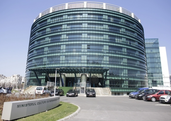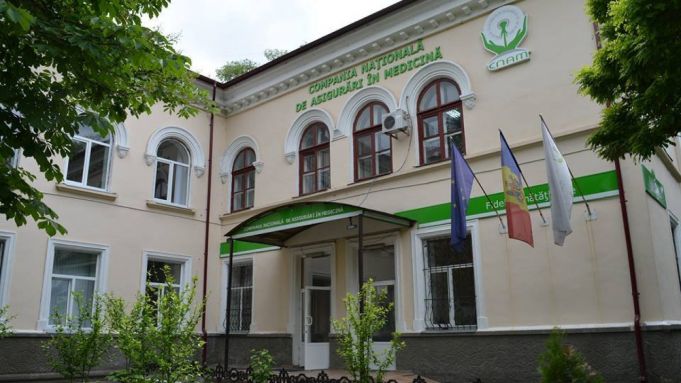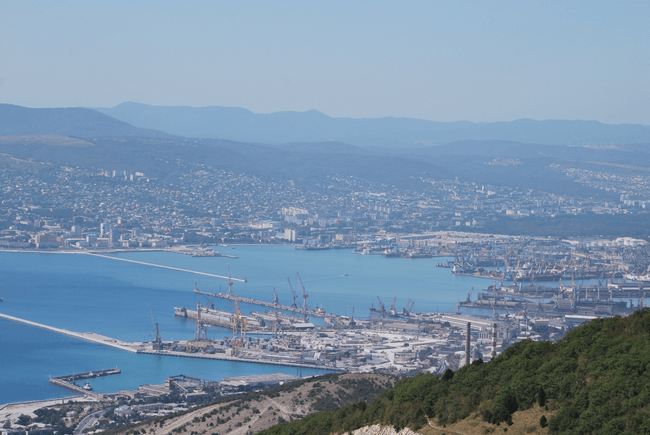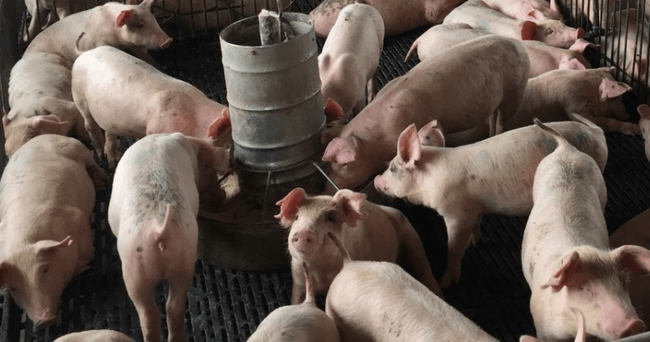A sustainable development that involves increased productivity and competitiveness can be achieved, first of all, by efficiently allocating capital in the economy, according to First Deputy Governor of the National Bank of Romania (BNR) Leonardo Badea.
"Economic convergence does not only imply an advance of incomes, but also inherent price increases, especially in the case of non-tradable goods (especially services, which, in the Romanian economy, as well as at European level, have a significant share). The advantage of cheap labour dissipates as the convergence process advances and is in any case insufficient to sustain a consistent, rapid and sustainable economic advance. Last but not least, we must bear in mind that irreversible transformations of the economy, as described by the Balassa-Samuelson effect, are not without risks. An eloquent example of this is the case of Portugal. Reis (2013) provides a detailed analysis of Portugal's economy before and after the financial crisis, trying to explain the causes of the modest economic performance in 2000 - 2012", writes the BNR official in the article "Theoretical and empirical considerations regarding the convergence process and the evolution of the real exchange rate from the perspective of the Balassa-Samuelson effect.".
According to him, in that period, Portugal recorded a weaker evolution than that of the U.sS. during the Great Depression or Japan in its lost decade
"According to Reis (2013), this situation occurred amidst circumstances described by the appreciation of the real exchange rate, accelerated wage increases, inefficient direction of capital in the economy, expansion of the non-tradable sector, decrease in total factor productivity, excessive accumulation of external debt and lack of preventive reforms in the pension system. Therefore, the economic transformations described by the Balassa-Samuelson effect must be accompanied by appropriate economic policies, in order to avoid a poor performance of the economy, as was the case in Portugal."
Badea underlines the fact that improving productivity and efficient capital allocation are the key factors that take on the role of engine of improving external competitiveness and maintaining a high rate of convergence.
At the same time, these factors are fundamental for investments predominantly geared towards the production of tradable goods. Possible depreciations in the nominal exchange rate can have only limited effects, as they also cause negative externalities, such as inflation, increased uncertainty or an increase in the burden associated with public and private debt.
On the other hand, the nominal depreciation of the exchange rate does not automatically imply an improvement in external competitiveness in the short and medium term, if not accompanied by productivity gains.
"As Paul Krugman pointed out, there is a trap of simplistic interpretation of the problems related to increasing productivity and competitiveness. In Competitiveness: A Dangerous Obsession (1994), he said: ' Suppose that a country finds that although its productivity is steadily rising, it can succeed in exporting only if it repeatedly devalues its currency, selling its exports ever more cheaply on world markets. Then its standard of living, which depends on its purchasing power over imports as well as domestically produced goods, might actually decline.' Thus, it becomes essential to understand that a sustainable development that involves increased productivity and competitiveness, can be achieved, first of all, by efficiently allocating capital in the economy," Badea said.
































Comentează